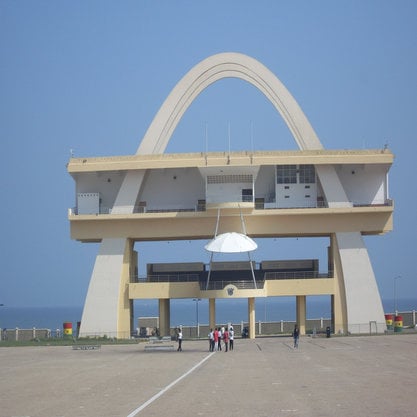Article
Fugard, Athol (1932--) By Ardoin, Paul
Article
Athol Fugard has been a novelist and memoirist (of sorts), but is best known for his pioneering political work in the theatre as a writer, director, and actor. He was often all three at once, as in the case of Blood Knot (1961, 1987), upon which extensive revisions to his original script emerged during his time as one of the play’s leads. A South African by birth, Fugard focused many of his most famous works on the meanings and consequences of Apartheid. These political explorations owe a debt to Bertolt Brecht in both their form and desired effect.
Fugard’s very Brechtian modernism returns its focus again and again to performance (often race as performance) and language (particularly the material nature of language). Characters in his plays frequently become play actors themselves, with their stacked performances aimed at opening a Brechtian rift (or eliciting a modernist shock) that forces audience interrogation of the very ideas of reality and performance. The Island (1972) features two political prisoners performing Antigone and debating whether costumes work to entrance or estrange.


